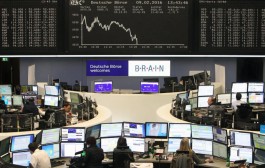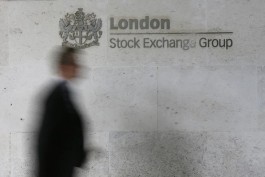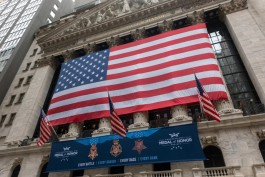Bitcoin rose 4.3% to $57,829 in New York for the first time since May, before paring gains, while the highest price for Bitcoin was nearly $65,000 in April.
Speculators are betting that the largest cryptocurrency will retest the record levels it reached earlier this year, as countless reasons for the recent boom are cited, from easing anxiety about regulatory efforts in the United States and China, to renewed optimism. regarding the approval of the US Securities and Exchange Commission to list an exchange-traded fund focused on Bitcoin.
Investors' optimism comes in particular because documentation of a Bitcoin futures ETF may soon get the green light from the US regulator, with Securities and Exchange Commission Chairman Gary Gensler signaling an opening to a fund focused exclusively on derivatives-based products.
Bitwise's CEO Hunter Horsley said: "Lots of investors and advisors have had cryptocurrencies on their to-do list, and they're finally making the move. With customizations that start with Bitcoin, or crypto funds like Bitwise 10 that invest heavily in cryptocurrency.
Bitwise, he added, has seen hundreds of advisors make their first cryptocurrency allocations over the past several weeks, with many of them flocking to the asset class amid significant concerns about inflation and returns. low, he said.
With some strategists also cheering on Bitcoin's resilience as evidenced by the recovery in the so-called hash rate, a measure of the computing power that is contributed to the network, Following China's latest crackdown on mining earlier this year.
With mining operations shutting down in China, transaction processors have surged across North America, with a metric measuring the strength of the hash rate jumping 103% since late June, according to a report. Issued by Luxor Technology Corp.
Analysts looking at patterns in price charts said $60,000 is the next level of resistance, even though Bitcoin's RSI above 70 indicates It is now overbought.
Separately, JPMorgan CEO Jamie Dimon said cryptocurrencies will be regulated as concern about stablecoins and the broader asset class grows in Washington.










































